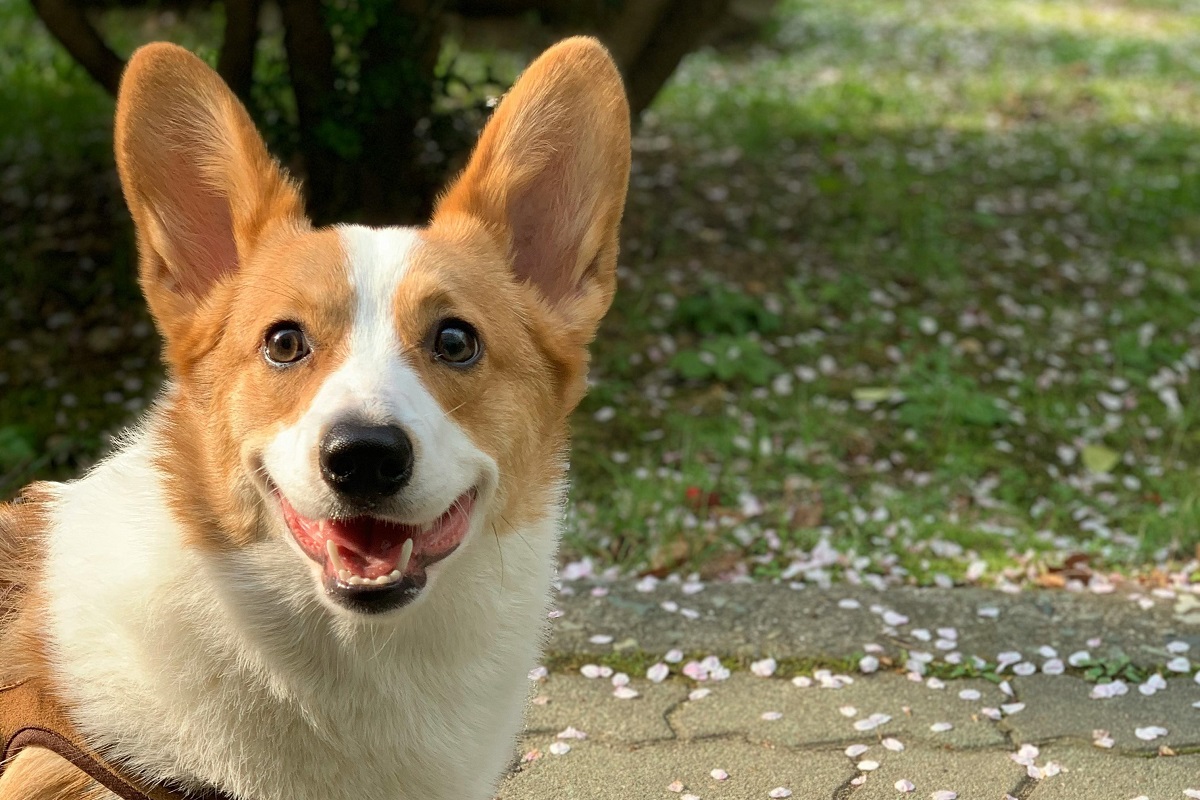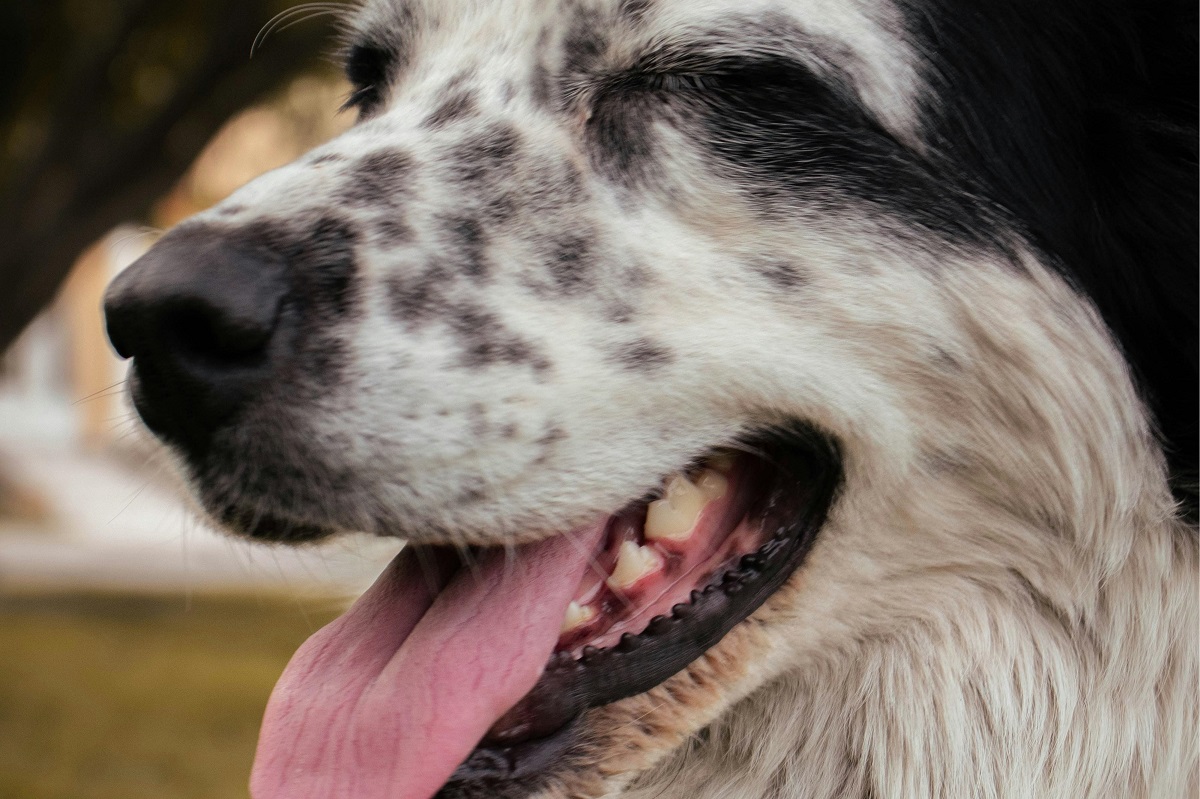Why Does My Dog Smile When I Come Home
Why Does My Dog Smile When I Come Home? Understanding Your Dog's Happiness and Perception of Time

Introduction: Why Dogs Smile and Show Happiness
Have you ever noticed that your dog seems to "smile" when you walk through the door? Many dog owners experience this heartwarming moment, where their dogs look excited and genuinely happy. But why does your dog smile when you come home? Dogs, like humans, express their emotions through their facial expressions and body language. That joyful, open-mouthed look is often a sign of relaxation and happiness. Dogs are social animals, and the bond they share with their owners plays a key role in why they seem so excited when you return.
The Science Behind a Dog’s Smile and Happiness
A dog’s smile isn’t just a random expression; it’s an emotional response. When a dog sees their favorite person, it can trigger the release of oxytocin—often called the "love hormone"—which strengthens the bond between dogs and humans. This hormone is released not only in the dog but also in the owner, fostering a sense of connection and joy. So, when dogs appear happy, wagging their tails, or even giving you that famous “smile,” it’s because they’re genuinely glad to see you.
This happiness also stems from dogs being pack animals by nature. They thrive on companionship, which is why they are so happy to see you when you return home. It’s not just a simple reunion; it’s a meaningful emotional experience for your dog.

Why Dogs Are Excited When You Come Home
One of the most notable behaviors in dogs is their excitement when their owners return. Whether you’ve been gone for a few hours or just a few minutes, your dog will often greet you with enthusiasm. But why are dogs so happy to see you? The emotional bond between dogs and their owners is incredibly strong. When dogs live in a family, they see their humans as part of their "pack." This makes the owner’s absence more noticeable to the dog, and their return is a moment of joy.
Moreover, the act of coming home triggers positive memories in your dog. They associate your arrival with comfort, love, and sometimes treats or playtime, which further adds to their excitement.

Dogs’ Perception of Time: Do They Know How Long You’ve Been Gone?
A common question among dog owners is: do dogs perceive time differently than humans? While dogs don’t have a sense of time in the way humans do (they don’t look at clocks or calendars), they have their own way of keeping track. Dogs are creatures of routine, so they often rely on environmental cues to understand the passing of time. For example, they may notice changes in light or sounds outside.
Some studies suggest that dogs may miss their owners more the longer they are apart. While dogs likely don’t know the exact amount of time you’ve been away, they do seem to recognize longer absences and become more excited when you return after an extended period.

Do Dogs Perceive Time Differently Than Humans?
It’s clear that dogs perceive time differently from humans. Rather than living in the past, present, or future, dogs exist more in the "now." This doesn’t mean they can’t remember things from the past—dogs have strong associative memory, meaning they remember actions, smells, and events. However, their focus is on what’s happening in the moment.
Dogs don’t dwell on how long you’ve been gone in the same way people do, but they do react to the passage of time through routine. For instance, a dog might get excited around the time you usually come home because they’ve learned to expect you then.

Why Are Dogs Always Happy? Understanding Their General Disposition
So, why are dogs always happy? It’s not just when you come home—they often seem joyful throughout the day. A dog’s general happiness is rooted in their disposition and the way they interact with their environment. Many factors contribute to this positive outlook, including breed, personality, and the companionship they receive from humans. Dogs are naturally social and active creatures, and being with their family or pack is one of the most important aspects of their well-being.
Dogs are also quick to express their emotions, and because they are often well-loved and cared for, this leads to a consistently happy demeanor. Activities like playing, walking, or simply being near their owners can bring immense joy to a dog’s life.

Conclusion: The Bond Between Humans and Dogs
In conclusion, the reason your dog smiles when you come home or gets excited to see you is a reflection of the strong emotional bond you share. Dogs perceive the world differently than humans, especially when it comes to time, but this doesn’t diminish their happiness when they’re reunited with their favorite person. Their constant joy, whether it’s through a smile, a wagging tail, or an eager greeting at the door, is a testament to the unique relationship between dogs and their owners.
Frequently Asked Questions (FAQs)
Do all dogs smile when they are happy?
Not all dogs express happiness through a "smile," but many do show signs of relaxation, like open mouths and soft eyes.
How do I know if my dog is really happy to see me?
Signs of a happy dog include wagging tails, excited jumps, or even gentle nudging for attention.
Can dogs feel lonely when their owners are gone?
Yes, dogs can feel lonely, especially if they are left alone for long periods without stimulation or companionship.
Call to Action: Strengthening Your Relationship With Your Dog
Building a deeper emotional connection with your dog can be as simple as spending quality time together. Whether it’s going for walks, playing with toys, or just relaxing at home, your dog will thrive on your attention and love. Incorporating more activities that make your dog happy can further strengthen the bond you already share.








